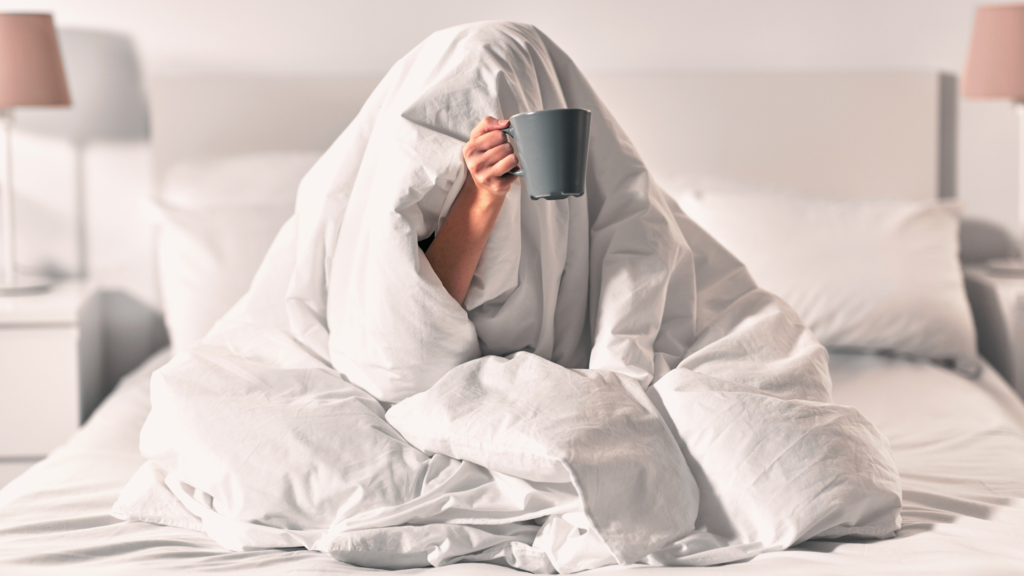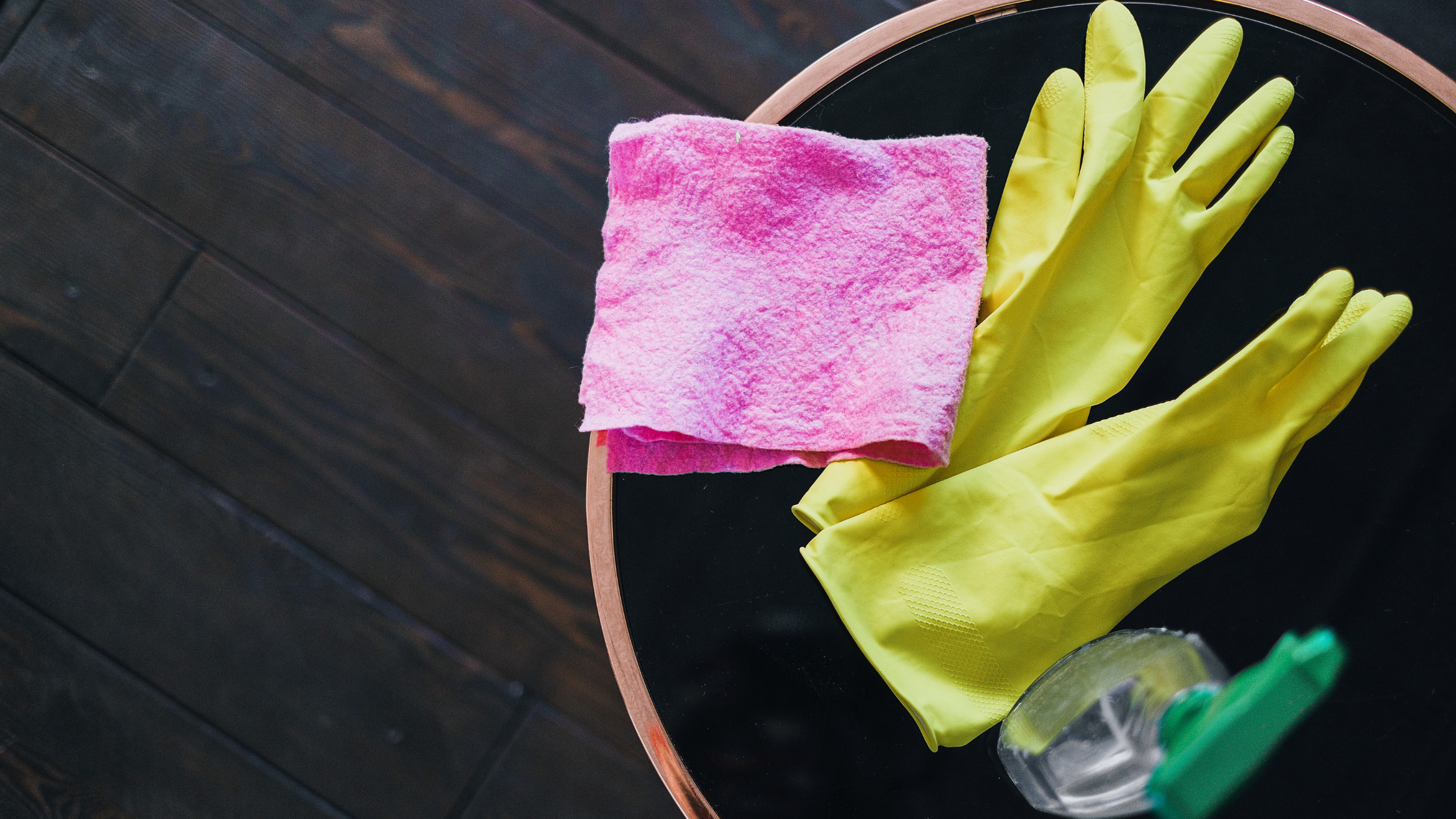Good sleep is vital for overall health and well-being. Establishing a consistent bedtime routine can significantly improve sleep quality and enhance your physical and mental health. This guide provides practical tips to help you develop a bedtime routine that promotes good sleep health.

1. Keep Your Room Cool at Night:
–Tips: Aim for a room temperature between 60-67°F (15-19°C) to create an optimal sleep environment.
–Benefits: A cool room helps lower your body temperature, facilitating the onset of sleep and improving sleep quality.
2. Keep The Room Dark:
-Tips: Consider blackout curtains or an eye mask to block out any light.
-Benefits: A dark environment signals to the brain it’s time to sleep.
Amazon Best Selling Product Recommendation:
- NICETOWN Kitchen Curtains for Decoration, Thermal Insulated Grommet Room Darkening Draperies/Panels for Laundry
- MZOO Sleep Eye Mask for Men Women, Zero Eye Pressure 3D Sleeping Mask, Light Blocking Patented Design Night Blindfold

3. Take Magnesium or Ashwagandha Supplements:
–Tips: Consider taking magnesium or ashwagandha supplements before bed.
–Benefits: Magnesium supports muscle relaxation and reduces anxiety, while ashwagandha can help lower stress levels and improve sleep quality.
Product Recommendation/Amazon Best Sellers:
- JSHealth Vitamins Advanced Magnesium Supplements
- Trace Minerals | Liquid Ionic Magnesium 400 mg
- Organic Ashwagandha Powder and Root Extract
4. Avoid Blue Light 30-60 Minutes Before Bed:
–Tips: Limit exposure to screens (phones, tablets, computers) before bedtime. Use blue light filters if necessary.
–Benefits: Reduces the suppression of melatonin production, making it easier to fall asleep.
Product Recommendation/Amazon Best Sellers:

5. Consistent Sleep Schedule:
–Tips: Go to bed and wake up at the same time every day, even on weekends (I know, I know)
–Benefits: Regulates your circadian rhythm, making it easier to fall asleep and wake up naturally.
6. Mouth Taping:
-Tips: Consider mouth taping to encourage nasal breathing during sleep.
–Benefits: Improves oxygen intake, reduces snoring, and promotes deeper, more restful sleep. And for the girlies out there it is even said to improve jawline definition.
Product Recommendation/Amazon Best Sellers:

7. Exercise Regularly:
–Tips: Incorporate regular physical activity into your daily routine, such as walking or working out.
–Benefits: Enhances sleep quality by reducing stress and promoting physical tiredness.
8. Limit Caffeine and Alcohol::
–Tips: Avoid consuming caffeine and alcohol close to bedtime as they can disrupt sleep patterns.
–Benefits: Will help improve the quality and quantity of your sleep, as well as reduce stress and anxiety.

9. Create a Relaxing Bedtime Routine:
–Tips: Engage in calming activities such as reading, taking a warm bath, or practicing meditation before bed.
–Benefits: When you calm your mind and body before bed, you’re more likely to fall asleep quicker and have a deeper sleep.
10. Invest in Comfortable Bedding:
–Tips: Ensure your mattress and pillows are comfortable and supportive to enhance sleep quality.
–Benefits: Not only will this improve your sleep but your body will thank you for it. Back and neck problems often stem from poor support from either pillows of mattress.
Product Recommendation/Amazon Best Sellers:
Related article: 6 Benefits of Linen and Cotton Bedding
11. Play White Noise:
-Tips: Consider using a white noise machine or a fan to create soothing background noise.
-Benefits: White noise can mask disruptive background sounds, creating a consistent auditory environment that helps you fall asleep faster and stay asleep longer.
Product Recommendation/Amazon Best Sellers:

A good night’s sleep is essential for maintaining physical and mental health. By implementing these tips and establishing a consistent bedtime routine, you can significantly improve your sleep quality. Prioritize sleep hygiene and make necessary adjustments to your environment and habits for a restful and rejuvenating night’s sleep. Given that an average a person sleeps for 8 hours in a day, that means that an average person will basically sleep for one third of their life. Make it count!
Sweet Dreams! x
Disclaimer: As an Amazon Associate, we earn from qualifying purchases. This helps support the blog at no extra cost to you!

Another worthwhile bedroom essential you need to consider for good sleep health: Benefits of Snake Plants in Your Bedroom



